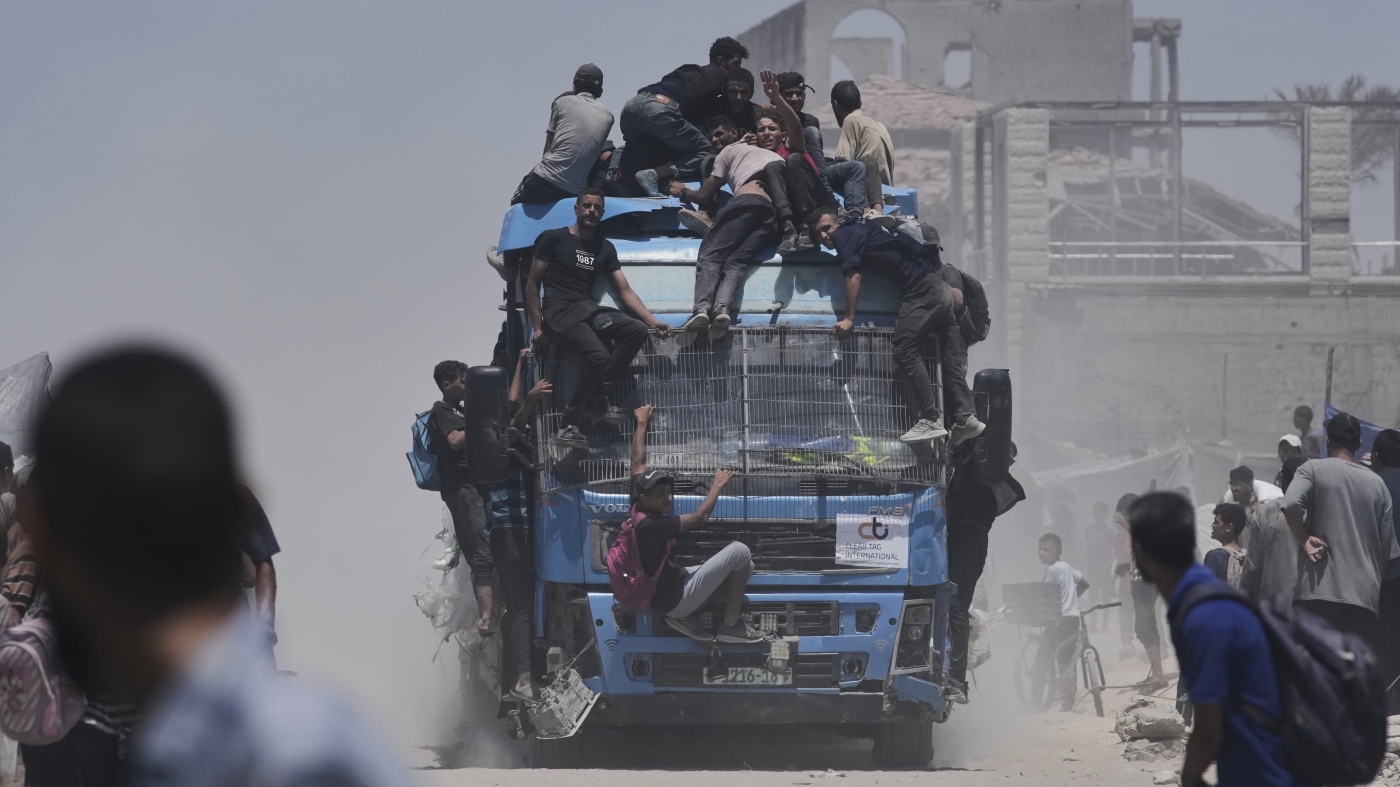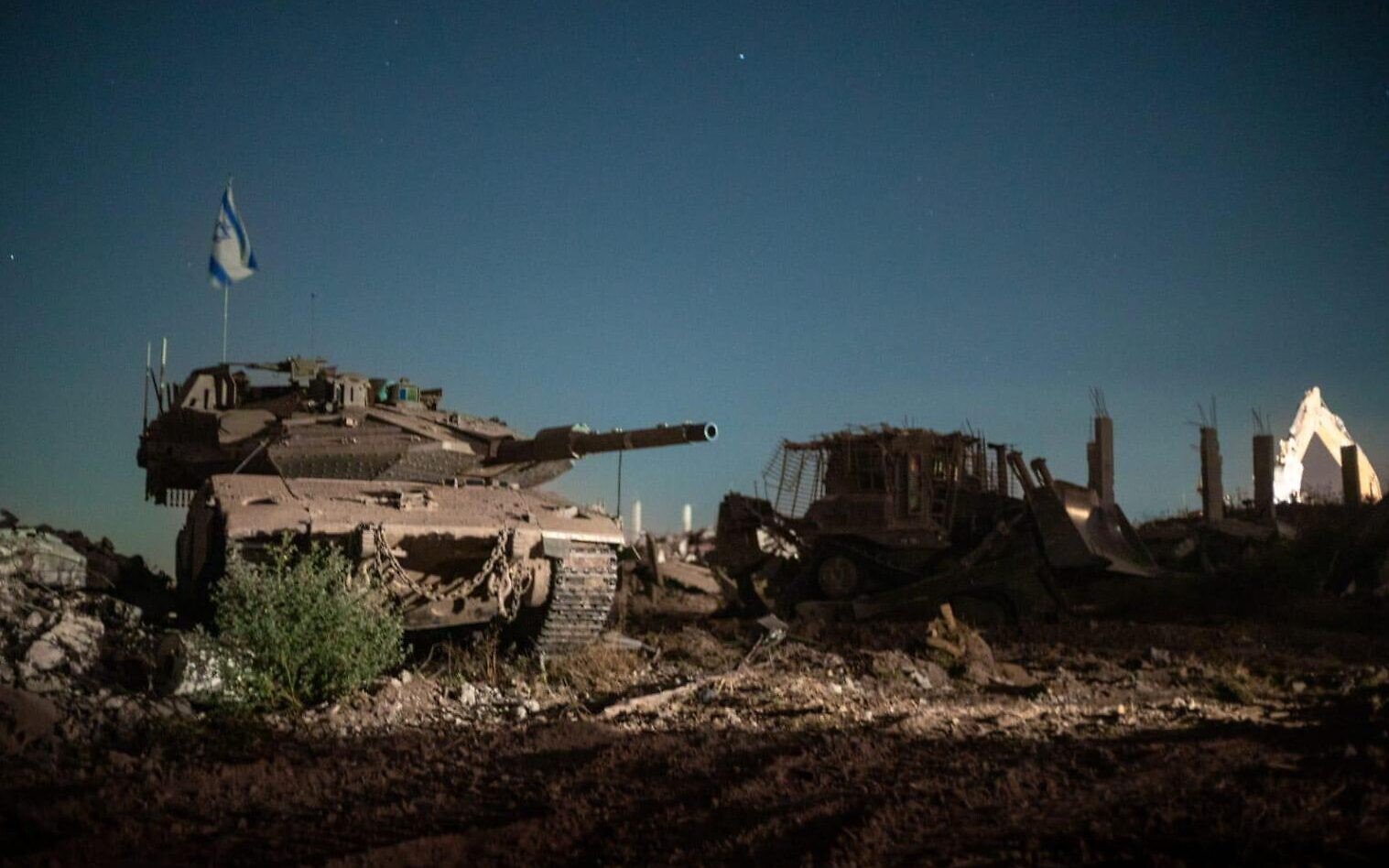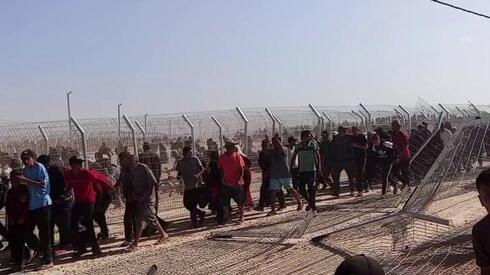T4K3.news
Aid delivery to Gaza faces severe challenges
Military restrictions and violence prevent humanitarian aid from reaching those in need.
Aid for Palestinians in Gaza is blocked due to military restrictions and safety concerns.
Humanitarian aid for Gaza stalled at the border
The United Nations reports that the situation in Gaza is dire, with rising malnutrition and famine risks among the Palestinian population. Despite Israel stating that hundreds of truckloads of aid are waiting at the border for U.N. distribution, the aid cannot reach those in need. Recent stats indicate Israel has allowed around 4,500 trucks since May, but this falls short of the hundreds required daily, as claimed by U.N. officials. Bureaucratic hurdles, militarized routes, and dangerous conditions hinder the movement of aid. The U.N. describes severe risks and insecurity at border crossings, with reports of violence against civilians trying to retrieve aid. Israeli officials, however, argue that they do not limit aid and offer to assist in distribution, insisting that safety measures are in place.
Key Takeaways
"Taken together, these factors have put people and humanitarian staff at grave risk."
Olga Cherevko from the U.N. stresses the risks faced by those attempting aid distribution in Gaza.
"The best protection for us is community buy-in."
U.N. spokesperson Stephane Dujarric emphasizes the importance of community trust for successful aid distribution.
The ongoing standoff over aid to Gaza highlights the complexities of delivering humanitarian support amidst conflict. The U.N.'s frustrations with operational restrictions point to a serious disconnect between the needs on the ground and the political realities. As access becomes increasingly dangerous, community trust and the perception of aid reliability suffer. The argument that regular, adequate aid flow would calm tensions is pivotal, reflecting broader questions about the role of military oversight in humanitarian efforts. As fatalities arise from desperate conditions, the claim that every day trucks could alleviate suffering remains unfulfilled, stirring resentment.
Highlights
- Aid without access is meaningless in Gaza.
- Trust can only grow with consistent deliveries of aid.
- Military oversight hinders vital humanitarian efforts.
- Desperation leads to violence in the search for survival.
Risks associated with aid delivery in Gaza
The ongoing military restrictions and violence at border crossings present serious risks for humanitarian efforts. The potential backlash against perceived delays or inadequacies in aid can result in heightened tensions among the local population.
This situation threatens to escalate further unless a sustainable aid strategy is implemented.
Enjoyed this? Let your friends know!
Related News

Gaza aid group claims success as starvation rises

Gaza faces severe hunger crisis as aid falls short

Gaza on verge of running out of therapeutic food for children

Aid groups highlight starvation crisis in Gaza

Over 1,000 Palestinians killed while seeking food in Gaza
Expert alert on famine crisis in Gaza

IDF takes control of Handala boat attempting to reach Gaza

At least 25 killed in Gaza awaiting aid deliveries
